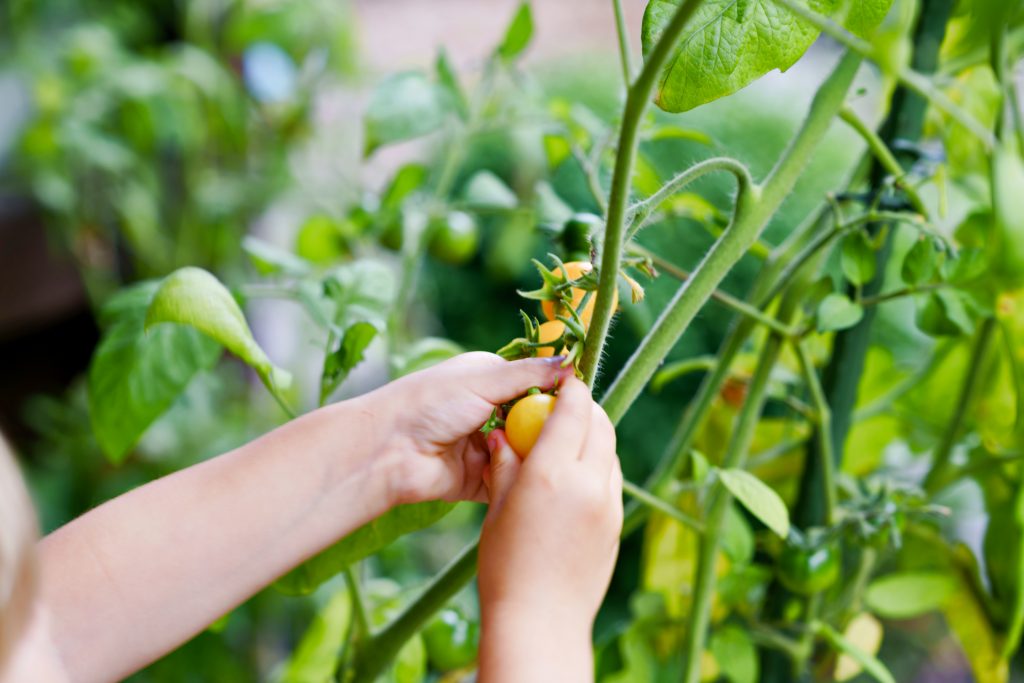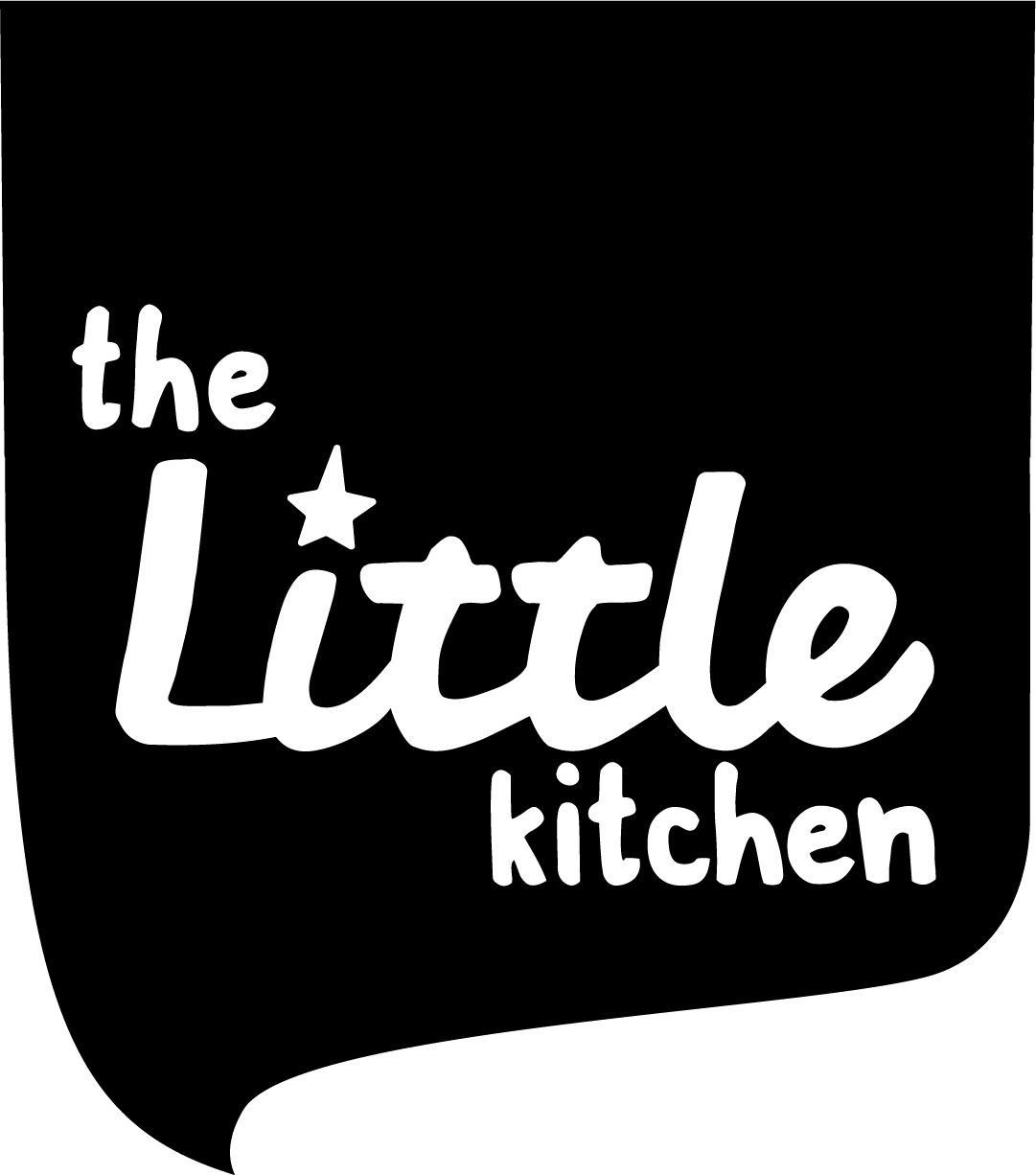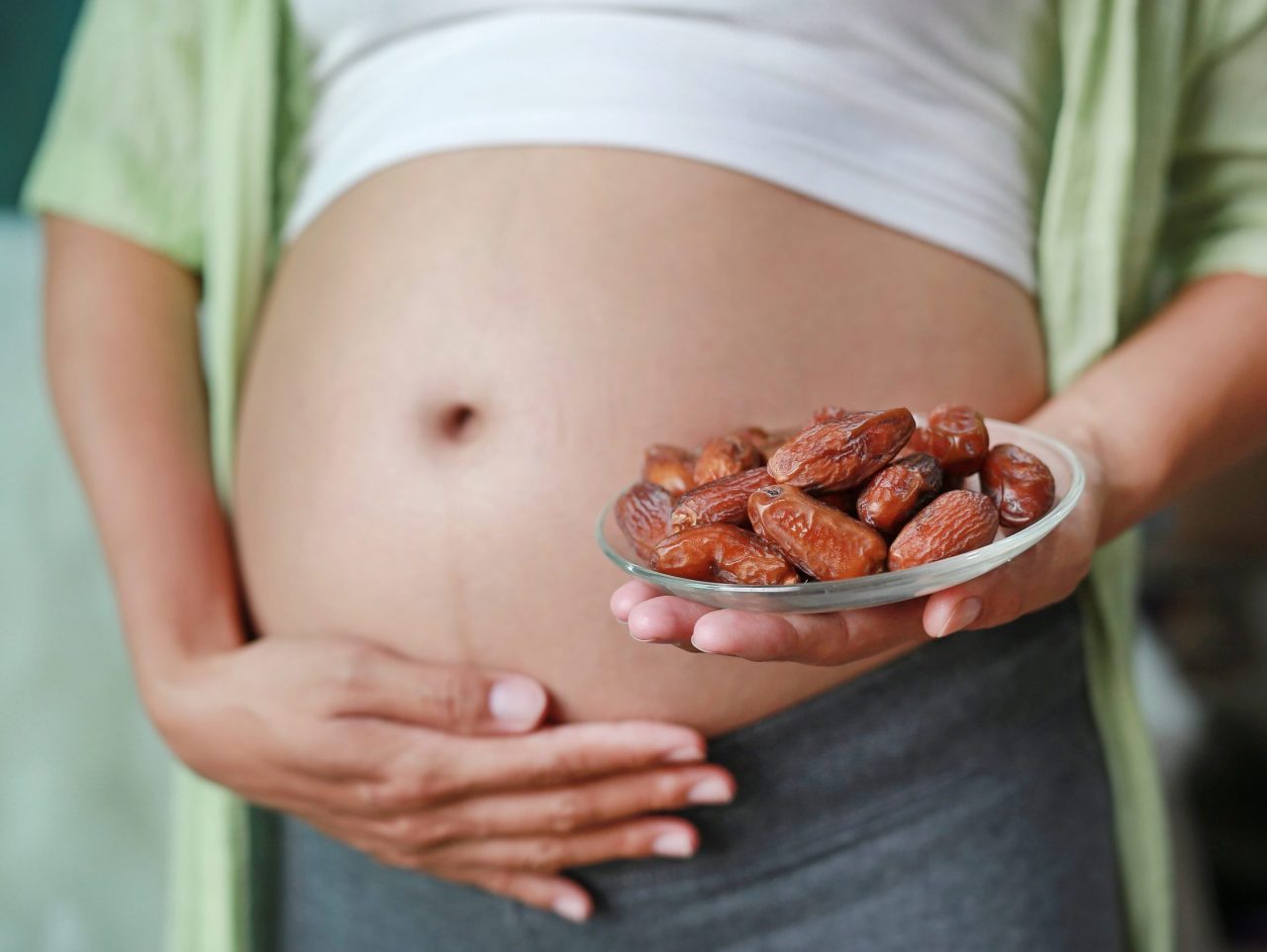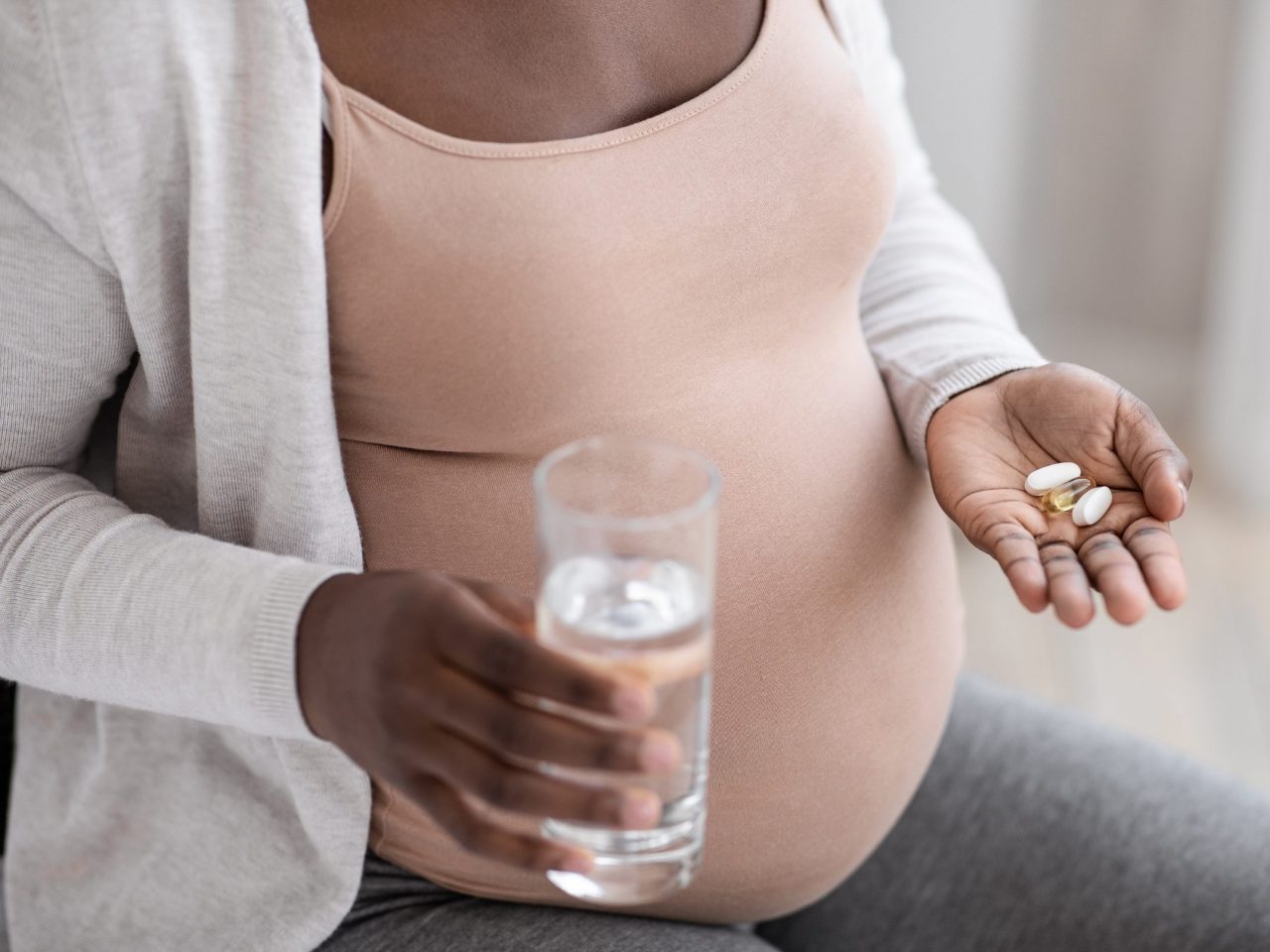That’s why we would like to inform you about food during pregnancy. After all the tips from other people, are you confused about what’s true and what’s not? Read about it below.
Your body protects and nourishes your baby from the very first moment. The baby receives all the nutrients it needs. The baby is number one on the priority list. This means that you might run out of your own supply and experience a shortage yourself. Therefore, make sure you eat healthy food during pregnancy. Eat foods that not only fill you up but also nourish you. Eat a varied diet so that you get enough of all the minerals, vitamins and building blocks. If necessary, take a supplement after consulting your specialist.
On the website of the Voedingscentrum (Dutch Nutrition Centre), you can find out what you can and cannot eat during your pregnancy and why. It discusses raw meat, alcohol, predator fish, coffee and soya products, among other things.
What are you allowed to eat during pregnancy?
And yes, everyone is quick to point out all the things you can’t eat, and it may even seem at times that you constantly have to justify yourself to the outside world. Is that a non-alcoholic wine? Have you washed your vegetables? Can you eat mozzarella? It would also be nice to look at what you can eat and focus on what’s good for you! Now that’s a different approach and certainly welcome information.
1. Eat a varied diet
Eat a varied diet to take in as many different healthy substances as possible. Pay extra attention to fibres, so plenty of vegetables and wholemeal products. Don’t forget to get the essential fatty acids (omega-3 and omega-6). You probably already get enough omega-6 because it’s found in sunflower oil and therefore also in the many products in which sunflower oil is an ingredient. Omega-3 is more difficult to obtain, and what makes it even more difficult is that when you take in more omega-6, you automatically need more omega-3. It’s all about the balance between these two. Omega-3s are found in fatty fish and nuts. You could take an omega-3 supplement (fish oil or the vegetable variety made from algae), just to be sure.
2. Opt for organic as much as possible
You’re creating a new life in your belly, which takes a lot of strength. Did you know that everything that lives also has a life force? This is also called vitality, isn’t it beautiful? Within organic and biodynamic agriculture, vitality is central. The more life force a plant has, the better it can grow and flourish and the more resilient it is in the face of adversity.
That’s not something that can easily be measured in a laboratory. You could perhaps compare it to other unmeasurable things, such as feelings and the atmosphere amongst a group of people. We know it’s there, but it’s not tangible. It’s a comforting idea knowing that, in addition to the scientific substances, you’re also ingesting this life force with your food. Therefore, look for organic varieties and go to an organic supermarket to see what kind of goodies you can find there. As a bonus, organic products are not sprayed with artificial pesticides, which saves your body a lot of clean-up work.
“Did you know that everything that lives also has a life force? This is also called vitality; isn’t it beautiful? Life force is at the heart of organic and biodynamic agriculture.”

3. Take care of your microbiome
Did you know that a baby builds up its first piece of microbiome at childbirth? The microbiome comprises all the bacteria, fungi and yeasts in your large intestine and helps you to digest your food. As soon as a baby is born, it comes into contact with the bacteria that are on your body. These form the basis for the microbiome of his or her entire life. So make sure that your microbiome is in top shape because good preparation is half the battle. Eat sufficient fibres (read: whole grain cereals, vegetables, fruit, seeds and nuts) and living foods, such as fermented foods.
4. Don’t eat for two
In addition to your diet, pay attention to your lifestyle as they go hand in hand. You probably know that smoking during pregnancy can harm your baby. But did you know that dieting and losing weight can also pose a risk? Or eating for two? A non-pregnant person eats an average of 2000 kcal per day. A pregnant person needs an extra 350 kcal per day on average. In practice, pregnant women hardly eat any more because they are less physically active. So eating for two is unnecessary.
Want to know more about healthy eating during pregnancy? You can always ask us for tips because we love to talk about it!












